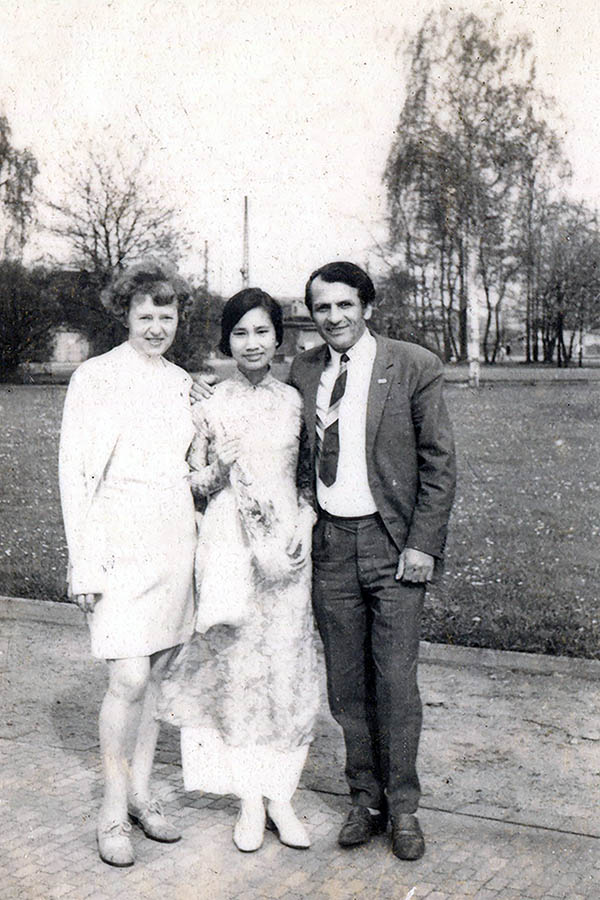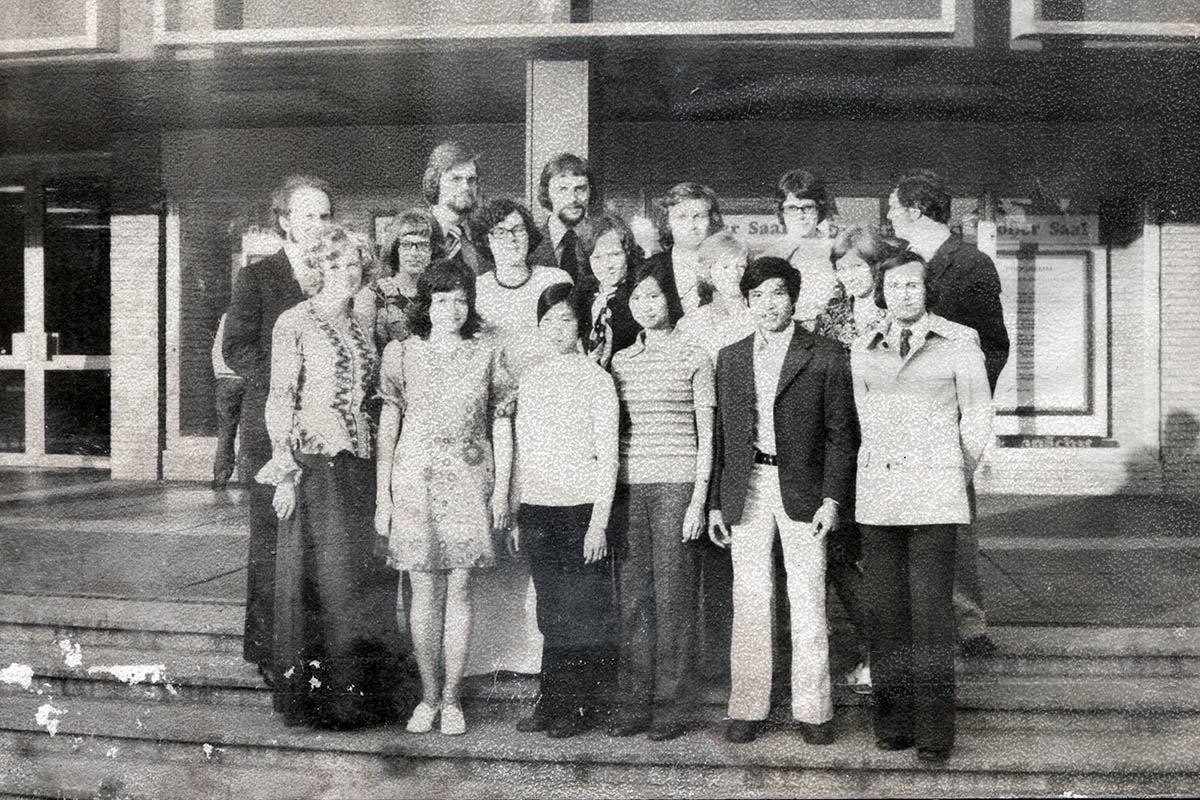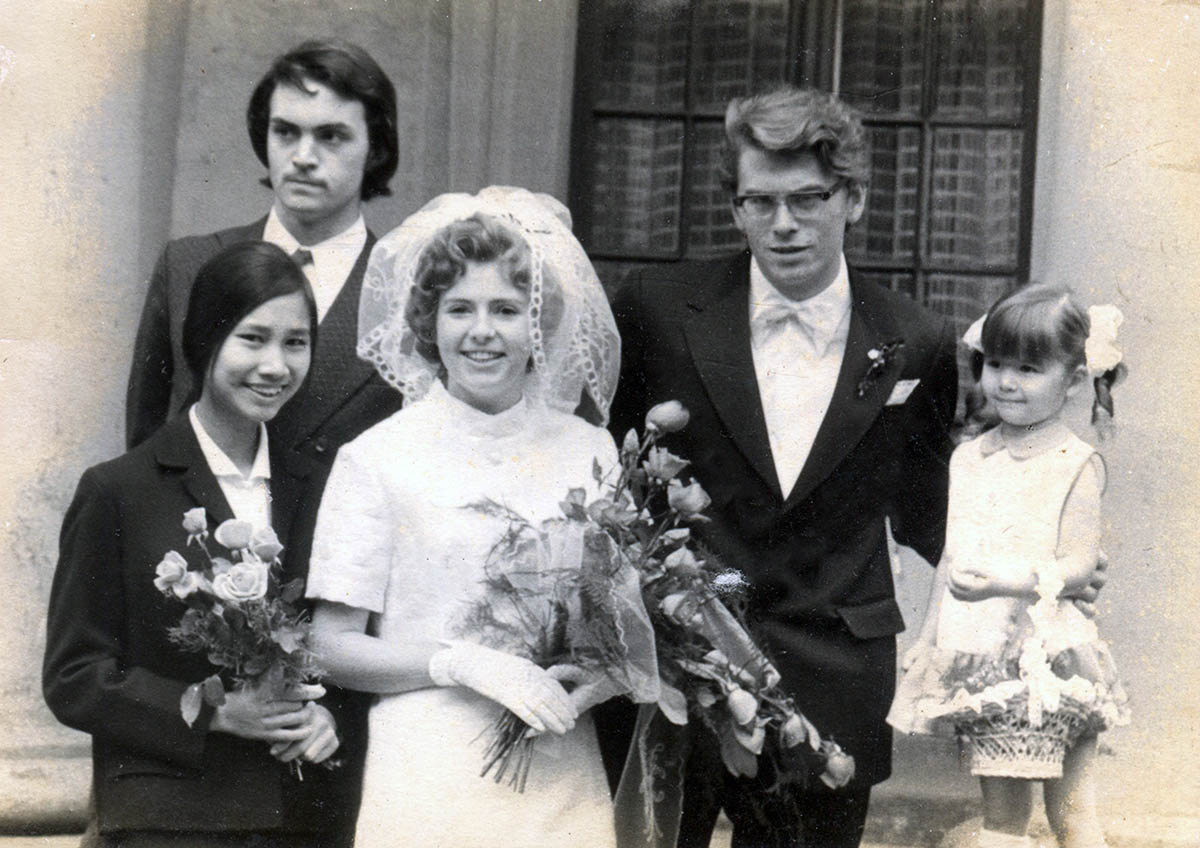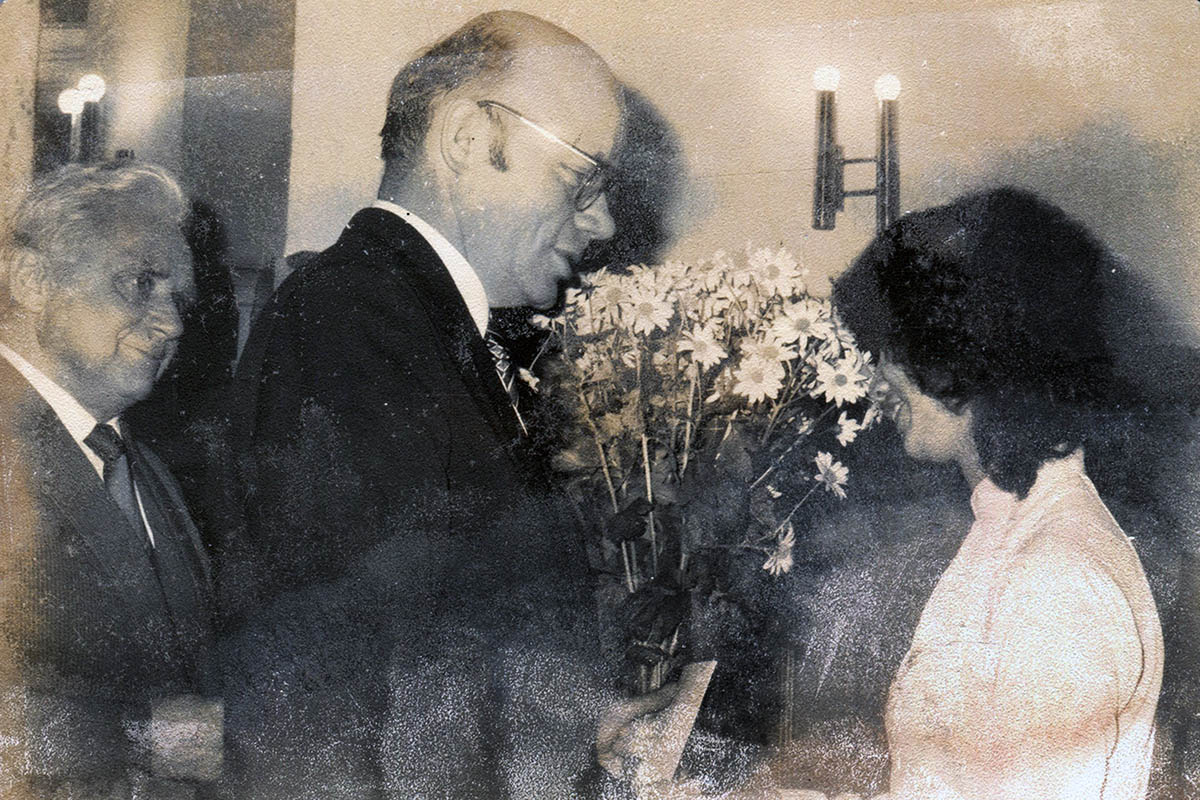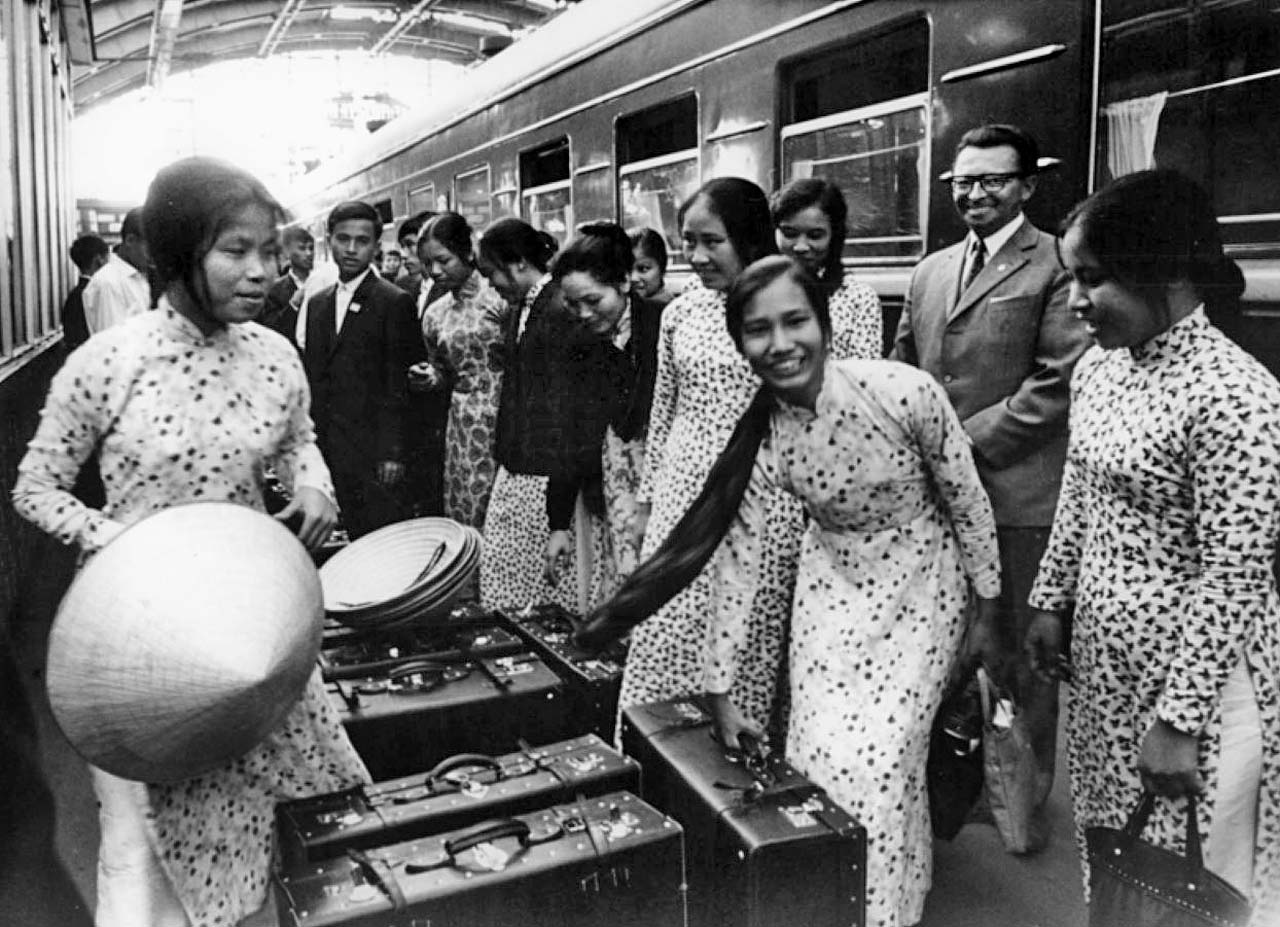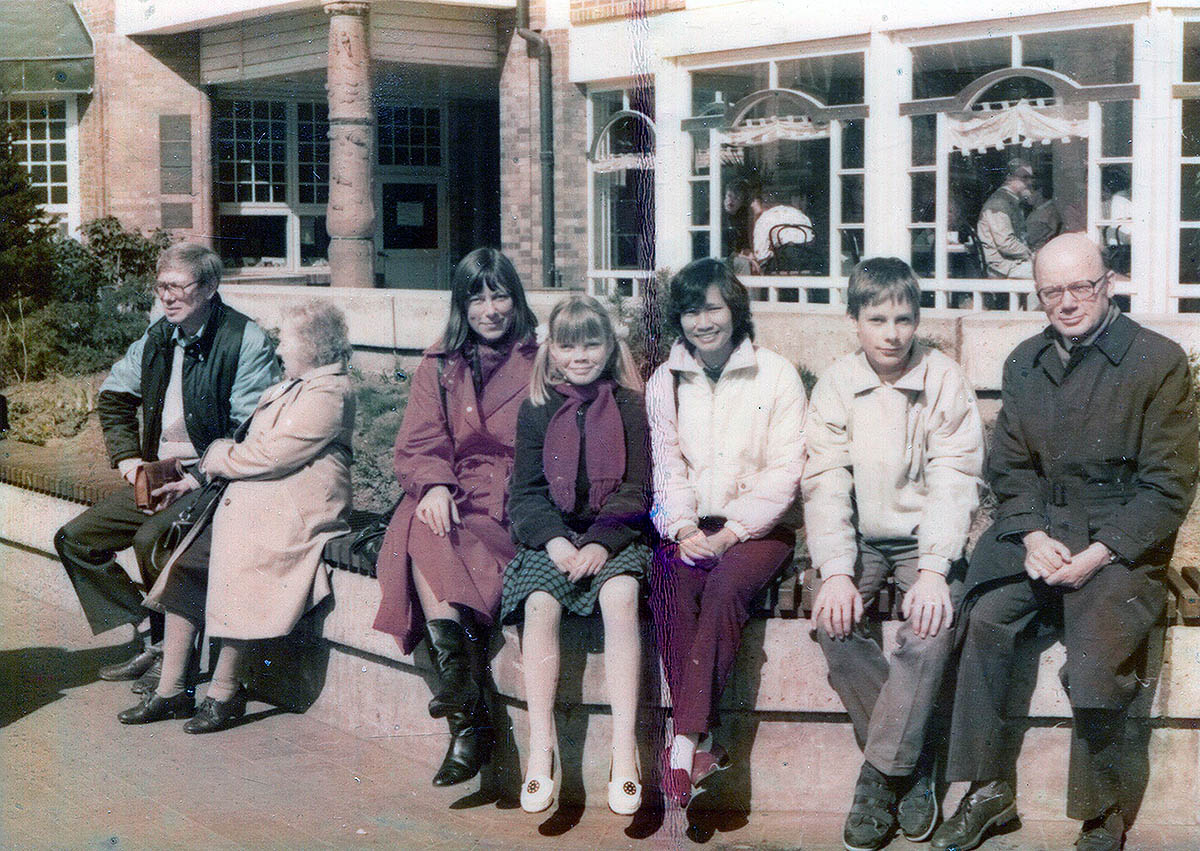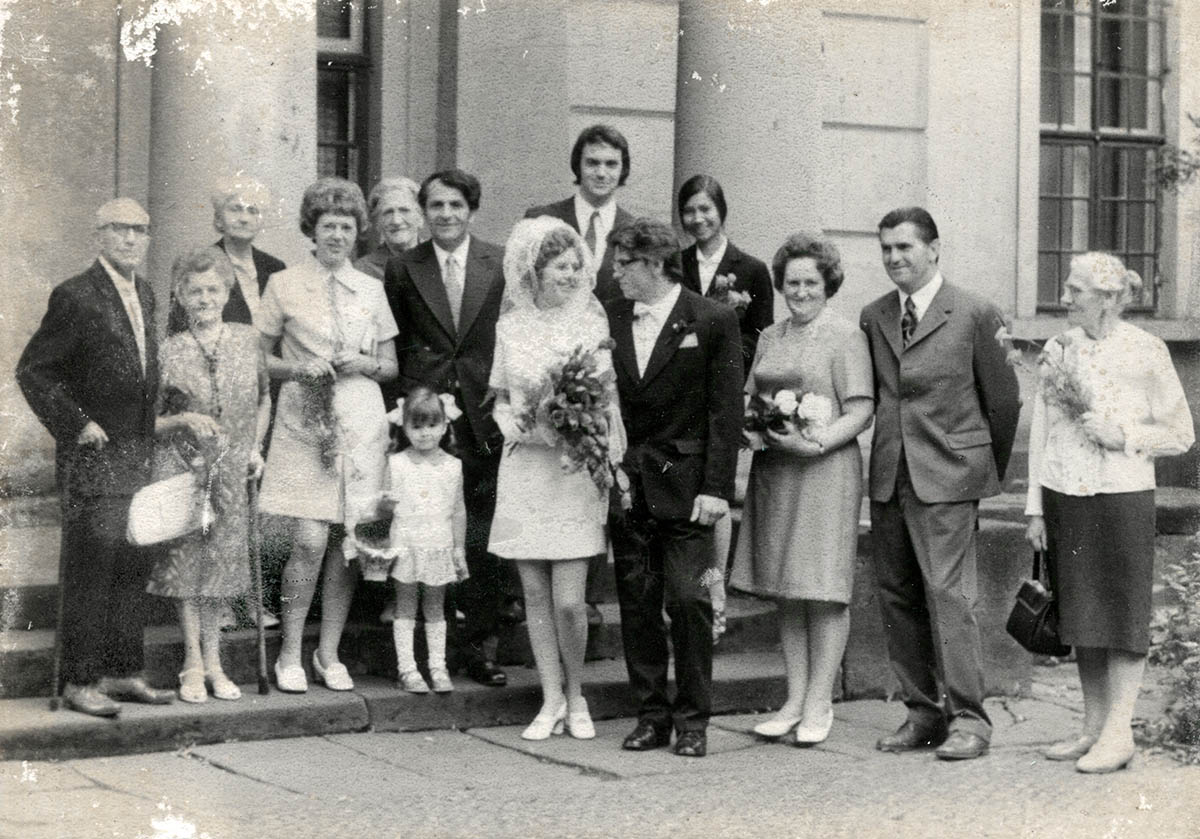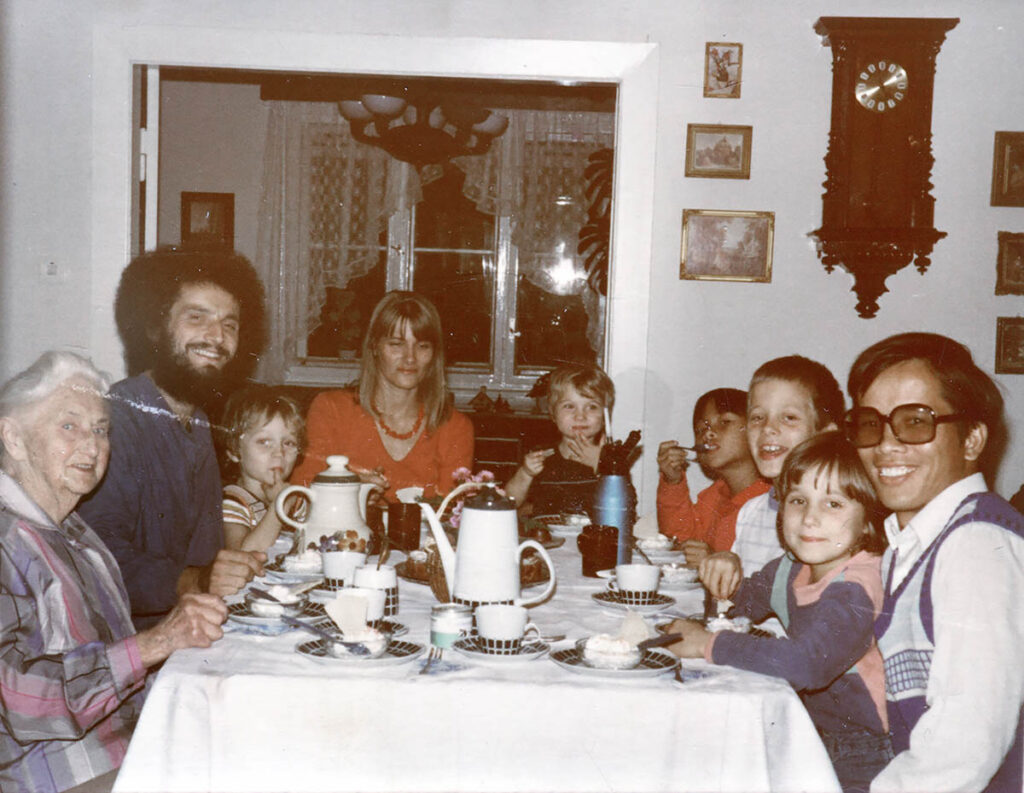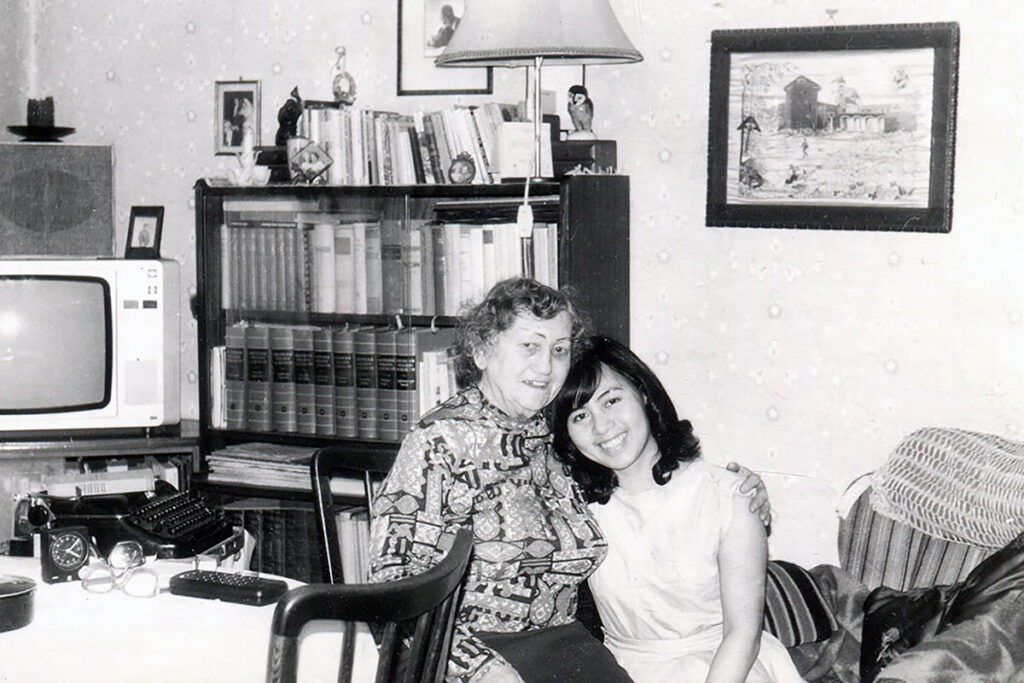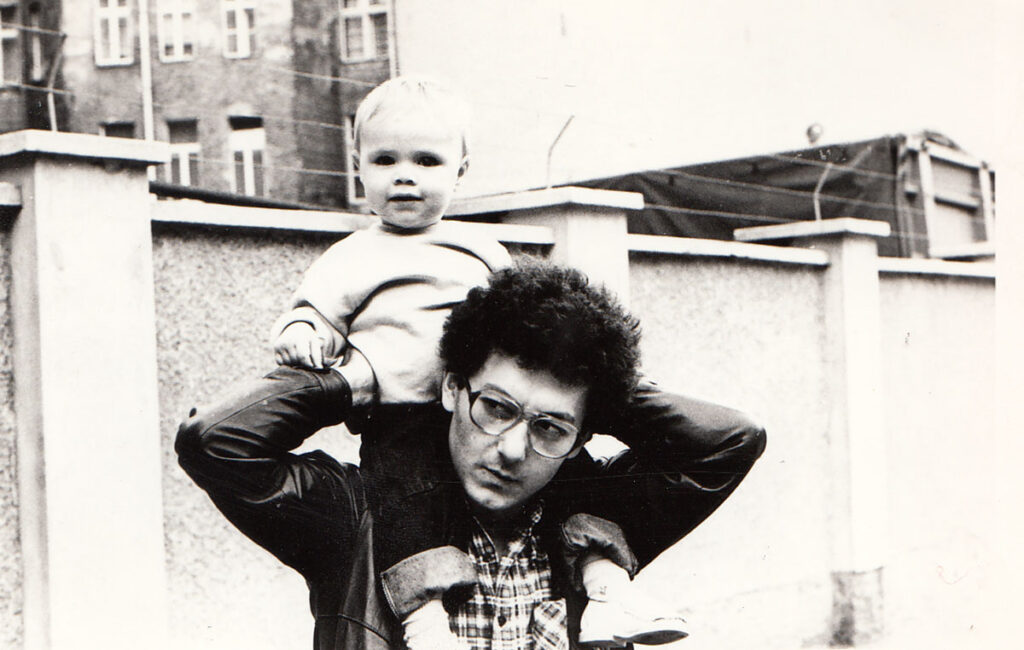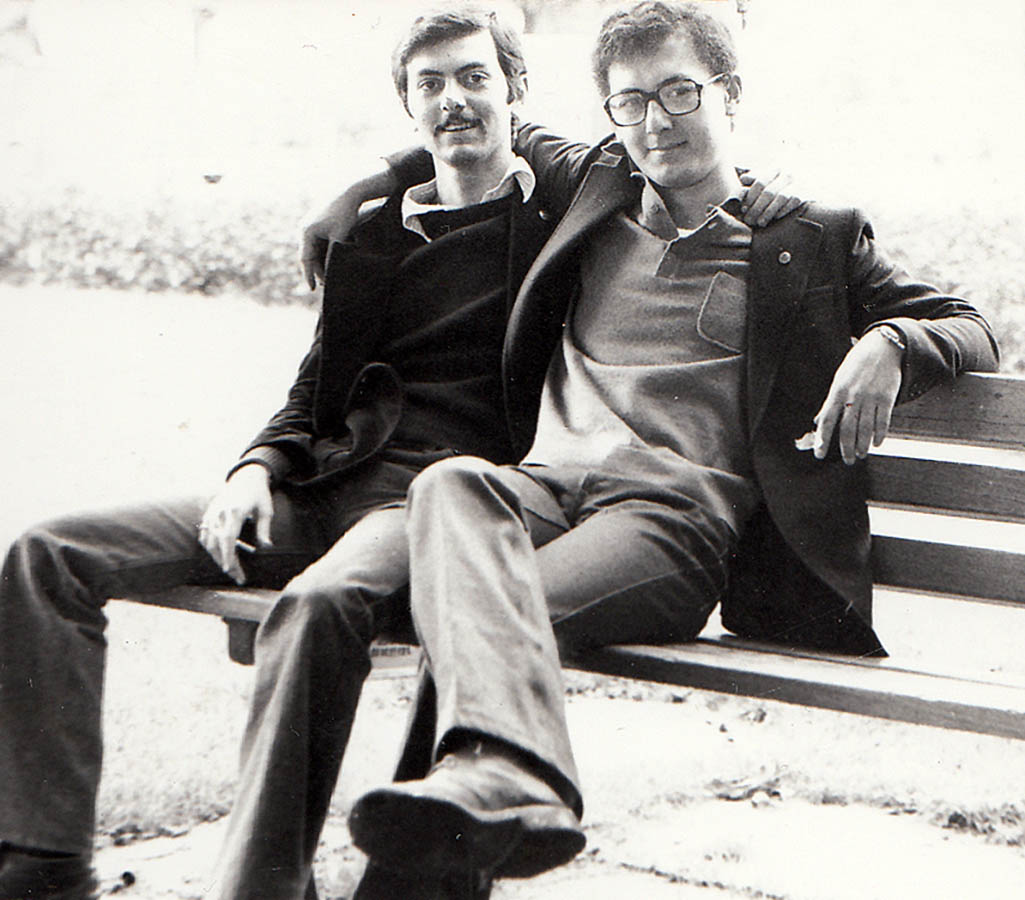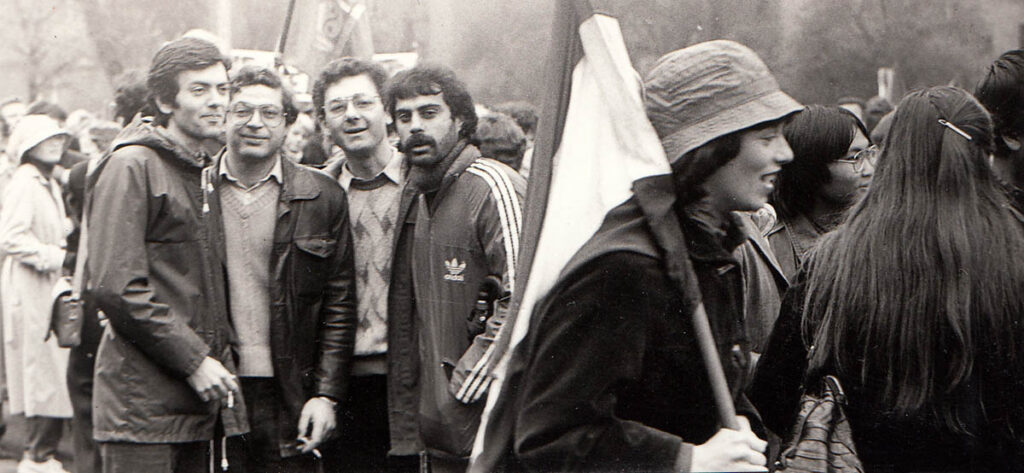Đặng Thị Thìn
Đặng Thị Thìn comes twice to the GDR. In 1971, as a very young woman, she begins studying at the TU Dresden. After graduation, she works for ten years in Vietnam where she starts a family. In the mid-1980s, she returns as a postdoc student, this time to the Karl Marx University in Leipzig.
From Hanoi to Berlin by train
Đặng Thị Thìn is born and raised in a rural area in northeastern Vietnam. In 1970, after completing her tenth grade, she travels to Hanoi for the university entrance exam, which she passes with a very good score. She is selected to attend university in East Germany.
Following an eight-month German course in Hanoi, the journey begins for then eighteen-year-old Thìn: by train across China, Mongolia and the Soviet Union to Berlin. She is travel-sick during the whole journey. Hence she has only vague memories of the fourteen-day train trip. When the new students finally arrive in Berlin, the press already awaits them.
Homesickness and new family ties
Đặng Thị Thìn begins her studies in Socialist Business Administration of Mechanical Engineering at the TU Dresden. Especially in the first months she is extremely homesick. At the university she meets Martina. The two young women get along well. Martina invites Thìn to her family home.
Đặng Thị Thìn talks about the close relationship to her fellow student’s family.
Đặng Thị Thìn visits Martina’s family frequently, where she where she feels well appreciated and attended. Mail from Vietnam takes months to arrive. She shares every letter with her German family and enjoys their vivid interest in her family’s life in Vietnam. Often Martina’s family cooks her favorite meal to alleviate her homesickness.
Germans have this notion of justice. Even if I just provide a piece of paper, they need to give a penny or two in return.
Đặng Thị Thìn, Hanoi 2021
Đặng Thị Thìn describes her graduating class and talks about her fellow German students.
There are three more Vietnamese students in her class. They all do well in the natural sciences. Political economy and Marxism-Leninism are more difficult. Here their German fellow students help with copies of their transcripts. But every sheet of carbon paper has to be reimbursed, Thìn remembers.
In the dormitory, she shares a room with a German student. The latter comes from a large family, and her scholarship is a meager 180 marks. The Vietnamese students receive 100 marks more. Plus they can earn a bonus for outstanding performance. Thìn therefore buys more food and cooks for the two of them.
Departure and return
In 1975 Đặng Thị Thìn returns to Vietnam as a postgraduate student. She begins to work there, meets her future husband, marries and has two children with him. Ten years later, she gets to return to the GDR on a doctoral scholarship. She writes her doctoral thesis in economics at the University of Leipzig on the topic “Determination of the social costs required to form the sales price of building materials.”
She receives valuable support for this work from her doctoral supervisor. He accompanies Thìn, helps her with numerous contacts during her doctorate and also invites her on weekend excursions with his family. Through him, she gets to better understand both the country and German customs.
Though her scholarship covers all her living costs in East Germany, she volunteers in agricultural work on the weekends. With the money earned there, she buys photo paper, films and clothes for her children and husband in Vietnam.
Đặng Thị Thìn describes the time as a young student in Martina’s family as formative for her whole life. She vividly remembers Martina’s wedding. In Vietnam such opulent wedding festivities are not known. The other guests are curious about the Vietnamese girl and ask her a lot of questions. She, in turn, is surprised by the wedding custom of breaking china supposed to bring luck to the bride and groom. Some of the German traditions she has taken home to Vietnam. Such as a Christmas pyramid from the Ore Mountains that lights her home during the Advent season.
Đặng Thị Thìn remembers her first German wedding and explains how her time in East Germany impacted her life.
Today, Đặng Thị Thìn lives as a pensioner in Hanoi.
Credits:
Prof. Dr. Phạm Quang Minh conducted the interview in Hanoi in 2022.
Text: Julia Oelkers
Research and research protocol photos: Trần Bảo Ngọc Anh
Video edting concept: Julia Oelkers
